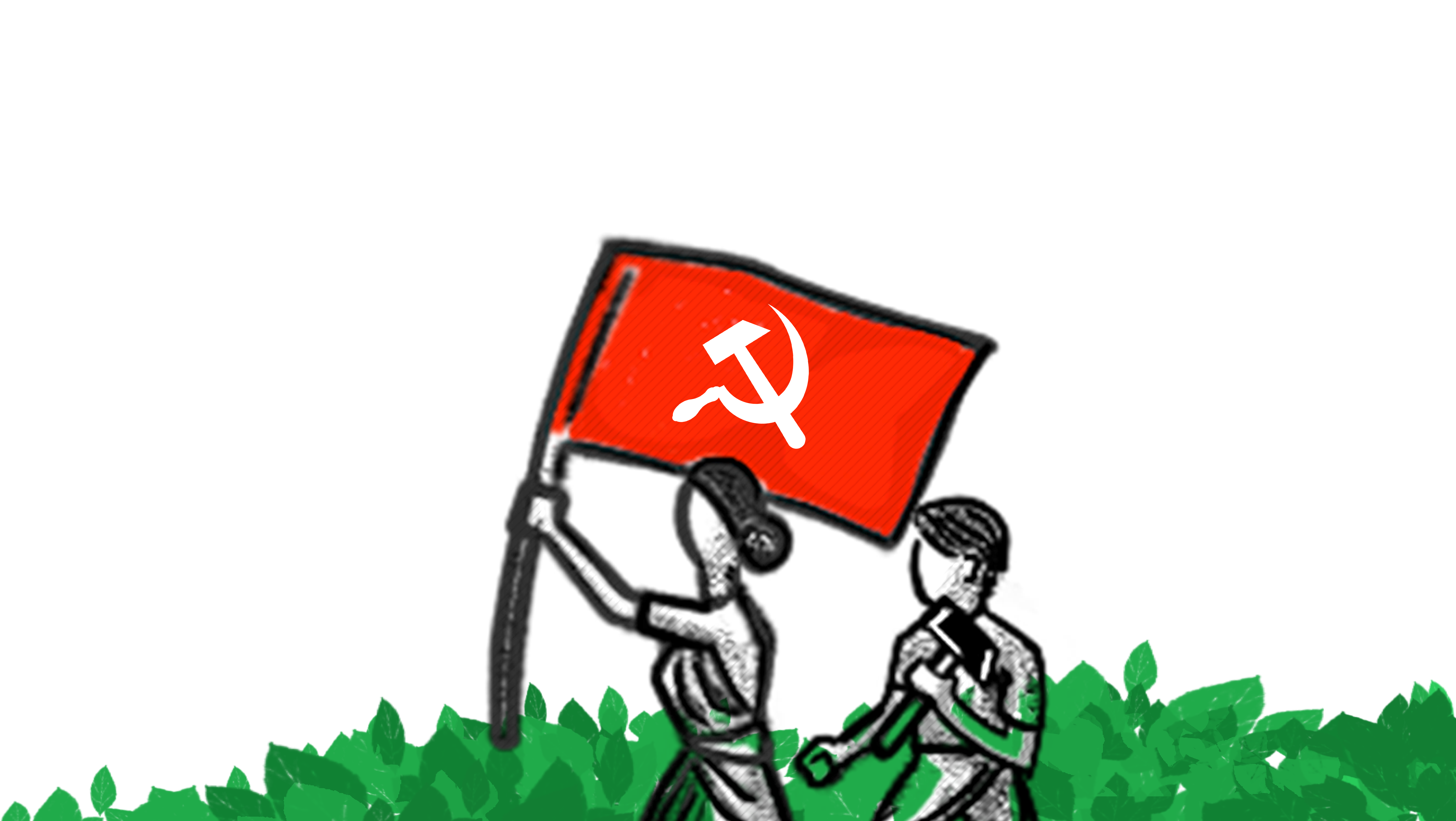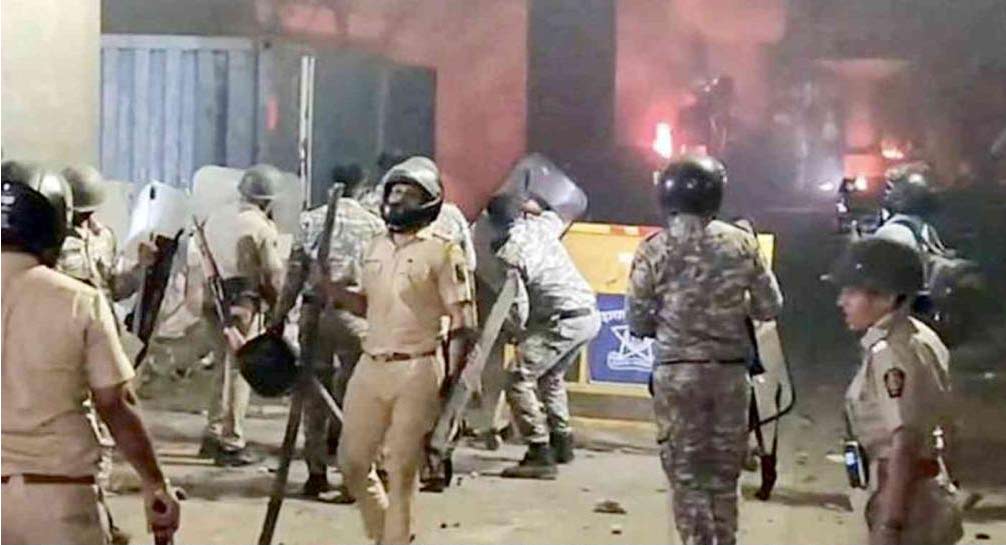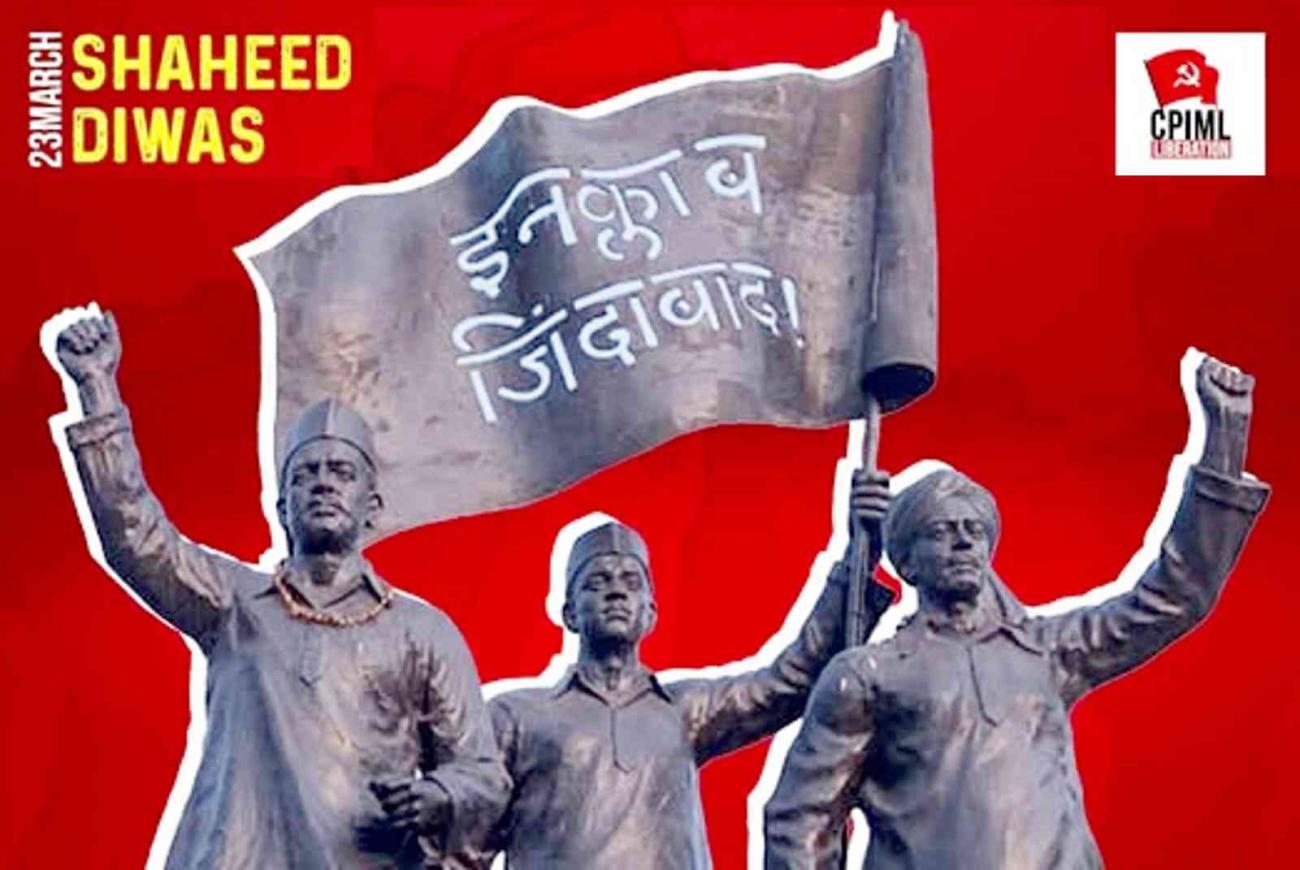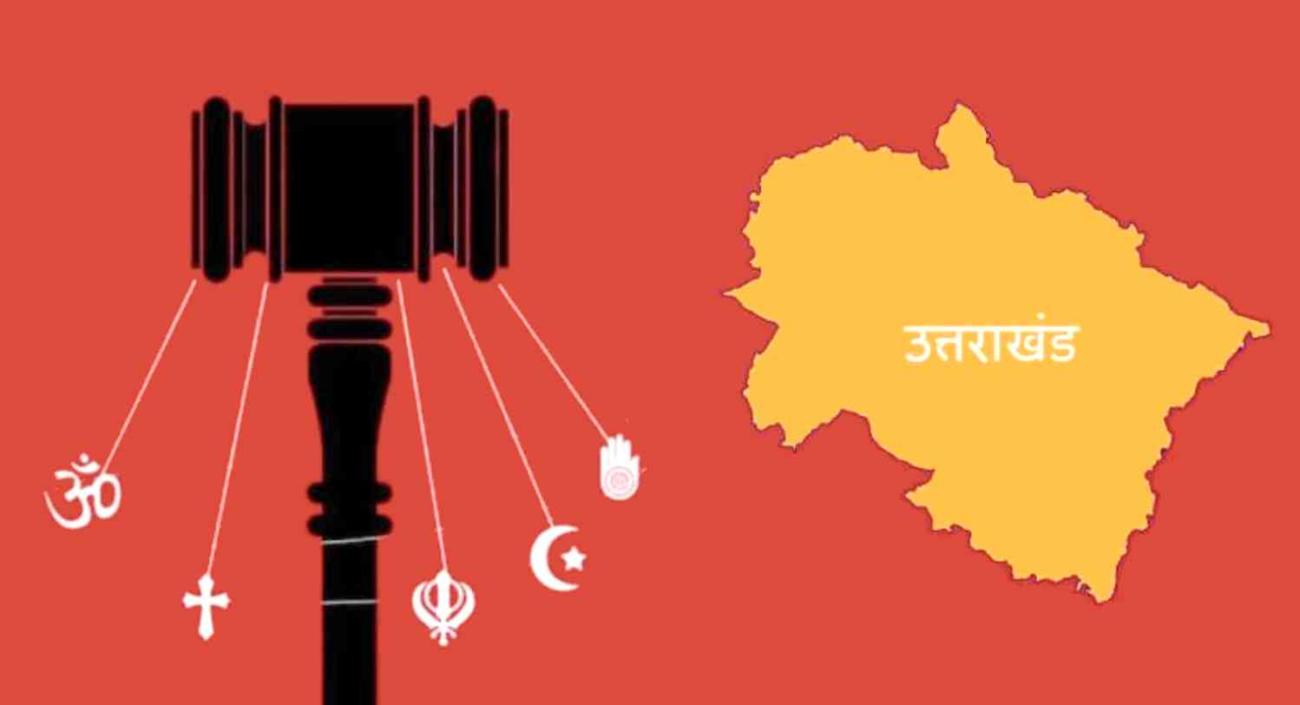A graduation degree is a mandatory educational qualification for candidature under the new Constitution. In Bhutan, where the rate of literacy is still around 42 per cent, graduates number merely 3,000 a tiny elite of Bhutanese society. One party, the Election Commission disqualified the Druk Peoples Unity Party (DPUP) for lack of credible leadership�; i. e more than 75 per cent of its party members were school dropouts. With no third party in the contest, the only two contenders were the Druk Phuensum Tshogpa (DPT), or the Bhutan Peace Party, and the Peoples Democratic Party (PDP).
Bhutan is portrayed in most media reports as a Shangri-la, a mountain paradise of peace and prosperity. Few mention the fact that Bhutans monarchy forcibly drove out one and half lakh people (out of Bhutans total population of 7 lakh) out of the country with the help of army, bulldozed their houses, razed to the ground their orange and cardamom orchards, perpetrated unimaginable atrocities on the old, women and children. These refugees, living in seven refugee camps run by UNHCR in Nepal border for the last seventeen years, had no right to vote or participate in the polls.
While most of these refugees are of Nepali origin, the unrest in Bhutan in fact has its roots in aspirations for democracy. In 1990, some pro-democracy forces in South Bhutan had peacefully articulated the demand for minimum democratic rights. Since most of the population of that region are Nepalese speaking, the King had portrayed it as an ethnic issue alone. Later, the royal witch-hunt targeted the people belonging to the Sarchop community too, living in northern and eastern parts of Bhutan, and they too were driven out, and it became apparent that pro-democracy movement was not a movement of Nepalese speaking people only. Leading pro-democracy activists of Bhutan have suffered jail sentences and exile.
India has warm relations with the Bhutan monarchy, and invited the King as Chief Guest on Republic Day two years back! India has callously washed its hands off the Bhutanese refugees, claiming it is a bipartisan issue between Bhutan and Nepal. This is quite false, since Nepal and Bhutan have no shared border. India put the fleeing Bhutanese refugees on trucks and lorries and dumped them inside Nepalese territory; and then continued to protect the Bhutan monarchy. Bhutanese refugees in India are not accorded the status of refugees by UNO. Last year the US intervened, with a proposal to settle sixty thousand refugees in US and ten thousand each in Australia and Canada. This ploy was intended to divide the refugees. But the refugee question, the burning issue of Nepalese democracy, was forcibly kept out of the elections. The Election Commission also disqualified a PDP candidate who raised the refugee issue. In the ongoing elections, refugees (among whom the Bhutan Communist Party is said to have made inroads, and who are no doubt influenced by Nepalese Maoists) exploded bombs in Bhutan on the eve of the elections.
The DPT, widely perceived as being the Kings favoured party, won 45 out of 47 seats in the elections. But there was virtually no opposition worth the name: even the PDP leadership is peopled with the Kings relatives. So the contest was all within the family, in a sense.
With Nepal is a democratic ferment next door, and the spectacle of the summary dismissal of the Nepalese monarchy, it is hardly likely that the hot-house democracy guarded by the Bhutanese King can keep the democratic aspirations of Bhutanese people at bay.





